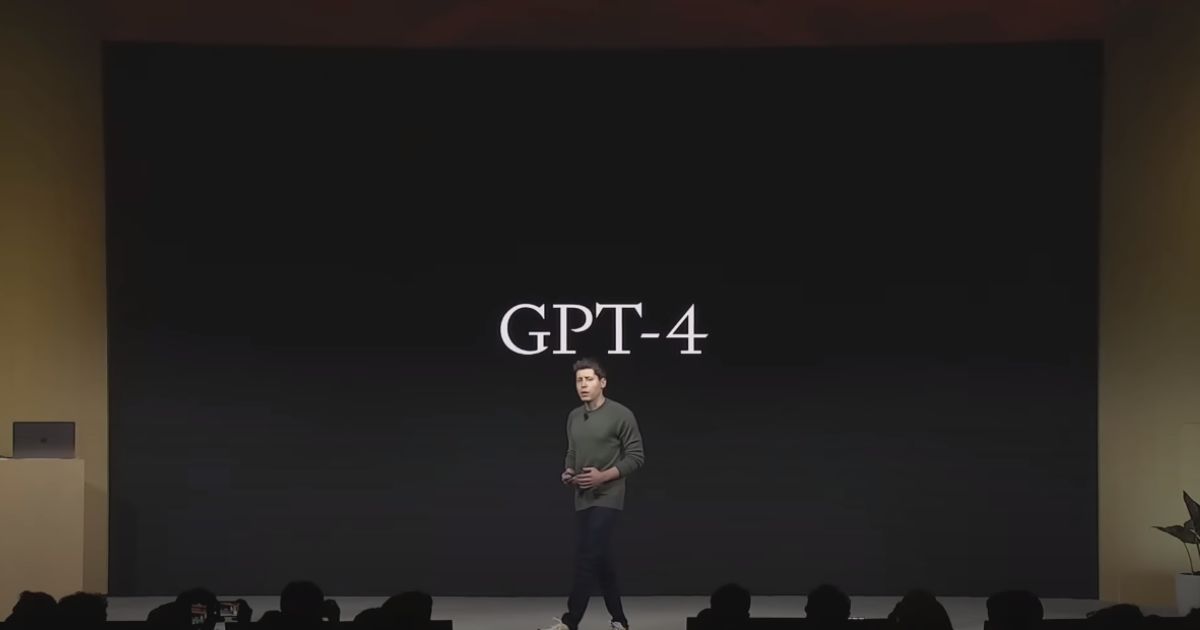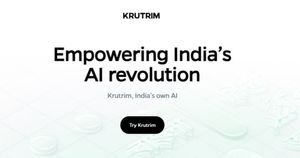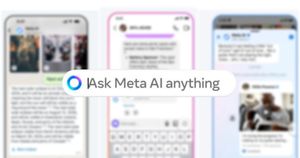
OpenAI hosted its first developer conference, Dev Day, where they unveiled several important updates. CEO Sam Altman also highlighted the journey from ChatGPT’s launch a year ago to the powerful GPT-4. According to the company, OpenAI now has over 2 million developers using their APIs, serving 92% of Fortune 500 companies, and ChatGPT has 100 million weekly users.
The event featured key announcements, including the introduction of GPT-4 Turbo, a GPT Store, and an “Assistant” API to make it easier for developers to use specific functions. These updates are set to enhance AI capabilities and customization. Here are all the key announcements from OpenAI’s first developer conference:
OpenAI’s Key Announcements
OpenAI introduced several noteworthy announcements at their recent Dev Day conference, including:
- GPTs for Customization: OpenAI introduced the concept of GPTs, which allows users to effortlessly build custom versions of ChatGPT tailored for specific tasks. This innovation opens the door for a wide range of applications as individuals and developers can create AI models that precisely suit their needs.
- GPT Store for Custom Models: OpenAI plans to launch the GPT Store later this month, a marketplace where users can access custom GPTs created by others. What’s exciting is that developers will have the opportunity to monetize their creations through this platform, potentially driving innovation and collaboration.
- Copyright Shield: OpenAI announced a Copyright Shield, which promises to shoulder the costs associated with defending customers’ content in cases of potential copyright disputes. This protection adds an extra layer of security for users and developers working with AI-generated content.
- Fine-Tuning Service for GPT-4: OpenAI recognized the need for a fine-tuning service to help developers adapt GPT-4 to their specific requirements. This service aims to simplify the customization of the model, enabling it to excel in diverse domains and tasks.
- Custom Models Program for Enterprises: OpenAI unveiled a dedicated program where their team of researchers will collaborate with selected organizations to train GPT-4 for precise domains.
- ChatGPT User Interface Update: A fresh user interface was introduced for ChatGPT, featuring a simple dark background adorned with the OpenAI logo and the welcoming phrase, “How can I help you today?” This interface is claimed to enhance the user experience and simplify interactions with ChatGPT and DALL-E.
- GPT-4 Information Update: The information source for GPT-4 has been updated to April 2023, a significant leap beyond the previous limit set in September 2021. Moreover, ChatGPT now boasts the ability to search PDFs and other document formats, enhancing its utility as a versatile information tool.
- GPT-4 Turbo: In the new “Turbo” version of GPT-4, the “context window” has expanded four-fold, from 32,000 to 128,000. This enhancement significantly boosts the model’s capacity to process and understand more extensive text inputs. Additionally, GPT-4 Turbo can now accept images as part of the input and generate speech output.
- Assistant API: OpenAI introduced the Assistant API, a valuable function-calling mechanism that simplifies the integration of specific assistant functions into applications. Whether it’s creating a natural language-based data analysis app, a coding assistant, or any other AI-powered application, this API streamlines the development process.
- Reproducible Outputs with “Seed” Parameter: OpenAI introduced a “seed” parameter in GPT models, enhancing the consistency of outputs. Users can now expect more predictable and reproducible results when interacting with these AI models.
- GPT-3.5 Turbo Update: A new iteration of GPT-3.5 Turbo was introduced with improved function handling and enhanced JSON support. These enhancements make the model even more versatile and adaptable for various applications.
- Pricing Adjustments: OpenAI has adjusted the pricing structure for GPT-4 Turbo and GPT-3.5 Turbo, making it more cost-effective for users based on input and output tokens. Additionally, the rate of “tokens per minute” that can be utilized has been doubled, offering more value to developers and users.

















